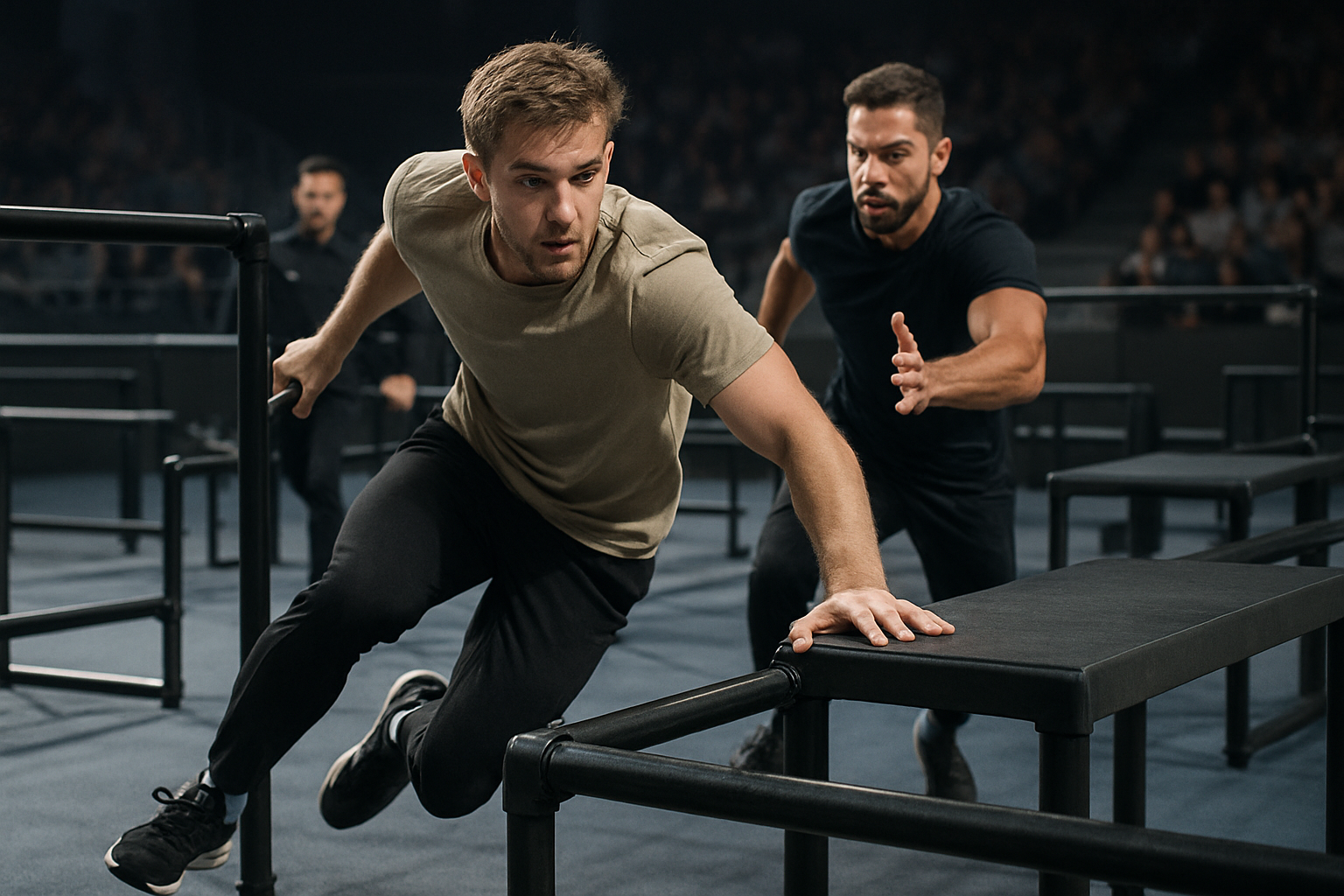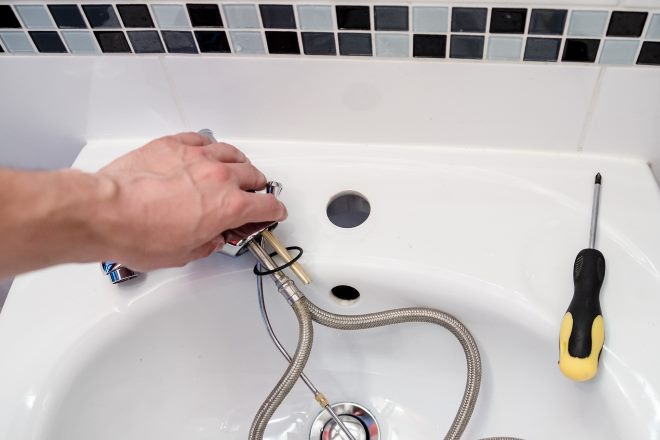Engaging local fans: community outreach and event ideas
Engaging local fans requires a mix of accessible events, clear communication, and educational programming that highlights athlete development and community values. This summary outlines practical outreach and event ideas—from open clinics and youth programs to wellness resources and equipment access—that help deepen local support and attendance for teams and organizations in your area.

Building sustained local fan engagement depends on more than a single match or promotion; it requires a program of consistent outreach and events that offer entertainment, education, and practical value. Combine visible athletics with takeaways on training, conditioning, mobility, and recovery so attendees leave better informed and more invested. Emphasize teamwork and sportsmanship while making events accessible to families and youth through clear scheduling, inclusive divisions, and partnerships with local services.
Athletics: community leagues and showcase events
Organize community leagues, short-form competitions, and showcase matches that invite broad participation. Mixed-ability divisions and family-friendly formats reduce entry barriers while preserving competitive excitement. Showcase events that feature skill demonstrations or endurance challenges create engaging moments for spectators and media. Working with local services for venues and promotion ensures matches fit neighborhood rhythms and helps build steady attendance, creating a pipeline from casual viewers to consistent supporters.
Training and conditioning: clinics and open practices
Host regular clinics and open practices focused on basic training and conditioning principles. Sessions that teach warm-up routines, mobility drills, and sport-specific techniques provide practical benefits and encourage repeat participation. Offer beginner and intermediate tracks so youth and adult attendees find appropriate challenges. Providing simple handouts or digital follow-up plans reinforces learning and supports ongoing practice, helping participants improve endurance and reduce injury risk while strengthening ties to the team.
Teamwork and strategy: fan workshops and demonstrations
Create interactive workshops that explain teamwork, roles, and game strategy in accessible language. Demonstrations—small-sided games, role rotations, or tactic breakdowns—bring fans closer to the decision-making process used on game day. Explaining how teamwork and strategy influence performance helps spectators interpret actions during competition and increases emotional investment. Fan-inclusive exercises can also double as community-building activities that promote communication and cooperative skills.
Analytics and coaching: panels and demonstrations
Present coach panels and analytics demos to demystify performance tracking and development pathways. Short talks on how coaching shapes individual progress, and how analytics inform strategy, make technical topics approachable. Use simple video breakdowns or basic stat visualizations to show how data supports coaching decisions. Engaging parents and aspiring coaches in these sessions builds credibility and transparency around training and performance expectations.
Recovery, nutrition, and mobility: wellness resources
Include recovery and nutrition stations at events to highlight off-field factors that affect endurance and long-term performance. Workshops on hydration, balanced nutrition, mobility routines, and evidence-informed recovery techniques help athletes and supporters understand injury prevention and sustainable training. Partner with local physiotherapists, trainers, or dietitians for practical demonstrations. These resources signal that the organization values athlete wellbeing and equips community members with actionable habits.
Youth, competition, and equipment: engagement programs
Prioritize youth engagement through school partnerships, mentorship, and equipment access programs. Host skill sessions, mini-tournaments, and equipment drives or loaner programs to reduce cost barriers for competition and training. Structured progression—from introductory clinics to organized youth competition—helps young athletes and families see clear development paths. Mentorship from older players and coaches reinforces teamwork, confidence, and long-term participation in community sport.
Conclusion A cohesive outreach plan that blends accessible athletics, instructional programming, coaching transparency, wellness education, and youth-focused initiatives builds stronger local fan bases and supports athlete development. Thoughtful event design, collaboration with local services, and consistent follow-up create meaningful experiences that encourage repeat attendance and foster community support without relying solely on promotional tactics.






